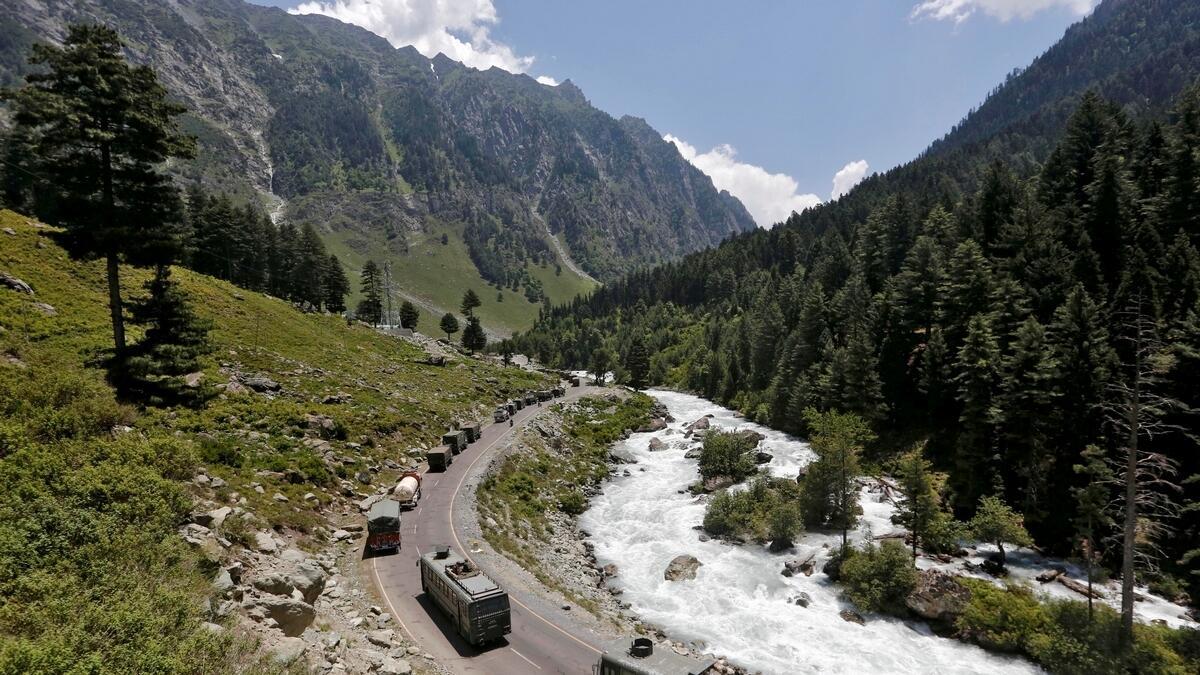
India Is Investing Heavily In Its Future
One of the most significant aspects of this infrastructure boom is the development of transportation networks. The Indian government has embarked on ambitious projects like the Bharatmala and Sagarmala initiatives, aimed at revolutionizing road and port connectivity. The Bharatmala project focuses on constructing and upgrading thousands of kilometers of highways, enhancing inter-state connectivity, and facilitating smoother logistics. The Sagarmala initiative, on the other hand, aims to modernize India's ports and coastal infrastructure, thereby boosting maritime trade and reducing logistics costs. These projects not only promise to reduce travel time and costs but also spur regional development and attract foreign investments.
The railways sector, a backbone of India's transport system, is also undergoing a significant transformation. The introduction of high-speed trains, modernization of stations, and electrification of tracks are steps toward creating a world-class rail network. These improvements are expected to enhance the efficiency and safety of rail travel, making it a more viable option for both passengers and freight. Additionally, the proposed Dedicated Freight Corridors (DFCs) are set to revolutionize the movement of goods, significantly reducing transit times and costs.
India's energy infrastructure is another critical area witnessing substantial investments. The country has set ambitious targets for renewable energy capacity, aiming to reach 450 GW by 2030. This includes massive investments in solar and wind energy projects, which are expected to reduce dependency on fossil fuels, lower greenhouse gas emissions, and create numerous green jobs. The transition to a more sustainable energy model will not only address domestic energy demands but also position India as a leader in the global renewable energy market.
Digital infrastructure is also at the forefront of India's growth strategy. The Digital India initiative aims to enhance internet connectivity, promote digital literacy, and facilitate e-governance. By extending broadband access to rural and remote areas, the initiative seeks to bridge the digital divide, empowering citizens with access to information, services, and opportunities. The expansion of digital infrastructure is crucial for fostering innovation, supporting startups, and integrating India into the global digital economy.
Urban development projects like the Smart Cities Mission and the Atal Mission for Rejuvenation and Urban Transformation (AMRUT) are transforming the urban landscape. These initiatives focus on improving urban infrastructure, enhancing public services, and promoting sustainable development practices. Smart cities, equipped with advanced technology and efficient urban planning, aim to provide a higher quality of life to residents while addressing challenges like pollution, congestion, and resource management.
Furthermore, the emphasis on infrastructure development has significant socio-economic implications. Improved connectivity and transportation networks enhance access to markets, education, healthcare, and employment opportunities. This, in turn, can lead to inclusive growth, reducing regional disparities and uplifting marginalized communities. Enhanced infrastructure also boosts productivity and competitiveness, making India a more attractive destination for global investors and businesses.
India's infrastructure push is not merely about building physical assets; it is a strategic endeavor to shape the nation's future. It is about creating a robust foundation for sustainable economic growth, fostering innovation, and enhancing the country's global standing. As these projects come to fruition, they will catalyze economic activities, generate employment, and improve living standards.
However, the path to becoming a global superpower is fraught with challenges. Efficient implementation, timely completion, and effective management of these projects are crucial. Ensuring environmental sustainability, addressing land acquisition issues, and securing adequate financing are some of the hurdles that need to be navigated. Moreover, fostering public-private partnerships and leveraging cutting-edge technologies will be vital for the success of these initiatives.
India's unprecedented push to build infrastructure is a cornerstone of its strategy to become a global superpower. The transformative potential of these projects lies not only in their scale and ambition but also in their ability to drive inclusive growth, enhance competitiveness, and secure India's place in the global arena. By investing in its infrastructure, India is investing in its future, paving the way for a more prosperous, sustainable, and influential nation.
The writer is a freelancer at Milabalyawmi

Legal Disclaimer:
MENAFN provides the
information “as is” without warranty of any kind. We do not accept
any responsibility or liability for the accuracy, content, images,
videos, licenses, completeness, legality, or reliability of the information
contained in this article. If you have any complaints or copyright
issues related to this article, kindly contact the provider above.

















Comments
No comment